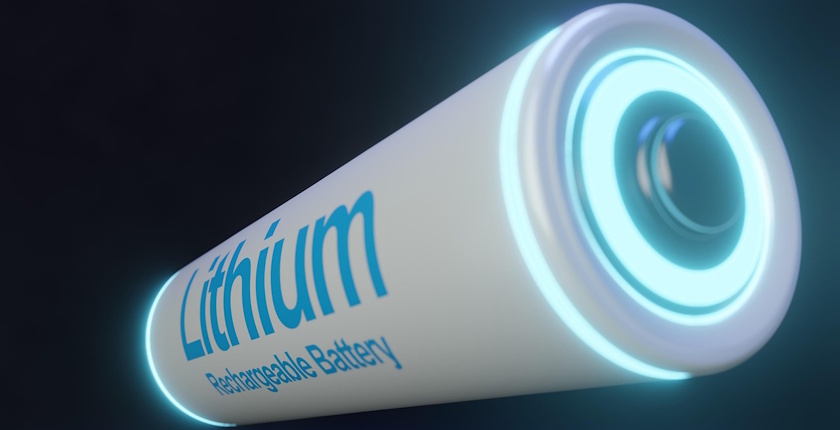Neptune Energy, a German company known for oil and gas exploration and production, obtained the country’s first lithium production license last year, and now it has confirmed resources of 43 million tons of lithium carbonate equivalent (LCE) in the Altmark region of Saxony-Anhalt. It could reshape the outlook for battery raw material supply in Germany and Europe.
Primarily engaged in oil and gas exploration and production, Neptune Energy has been investing increasingly in low-carbon and renewable energy projects.
The company was the first in Germany to obtain a production permit for lithium. It also holds three exploration licenses for lithium in the Altmark region of the state of Saxony-Anhalt.
Natural gas has been produced in the Altmark region for more than half a century. Numerous old and active wells still provide access to deep underground layers including saltwater.
In November last year, Neptune Energy started a pilot project for lithium extraction from such brine with French technology partner Geolith. The company uses an environmentally friendly process known as direct lithium extraction (DLE) from brine. It involves no open pit mining, no evaporation ponds, and minimal land requirements.
The company has launched its third pilot project for direct lithium extraction from brine
In June, the company commissioned a second pilot plant, supplied by California-based Lilac Solutions, producing battery-grade lithium using an ion exchange process. The second pilot was completed in August, ahead of its original schedule to run until 2026.
A third pilot project has been underway since mid-September to evaluate an adsorption process. Subject to further mining permits, a demonstration phase with a fully integrated extraction plant will follow as the next step toward commercial production, the company said.
Altmark holds reserves of 43 million tons of lithium carbonate equivalent
Neptune Energy’s initial internal estimate was that the Altmark region hosted 70 million tons of lithium carbonate, enough to extract 25,000 tons annually – sufficient for batteries for about 500,000 electric vehicles. An independent evaluation by Sproule ERCE confirmed resources of 43 million tons of LCE. Although lower than the original estimate, northern Saxony-Anhalt still hosts one of the world’s largest project-based lithium resources.
Since lithium is a key raw material for electric-vehicle batteries and energy storage, and Germany, with its strong automotive industry, currently depends on imports, information about lithium reserves in Altmark could have a significant impact on the domestic and European markets.
“This new assessment underscores the great potential of our license areas in Saxony-Anhalt. This enables us to contribute significantly to the German and European supply market for the critical raw material lithium,” said Andreas Scheck, Neptune Energy’s CEO.
